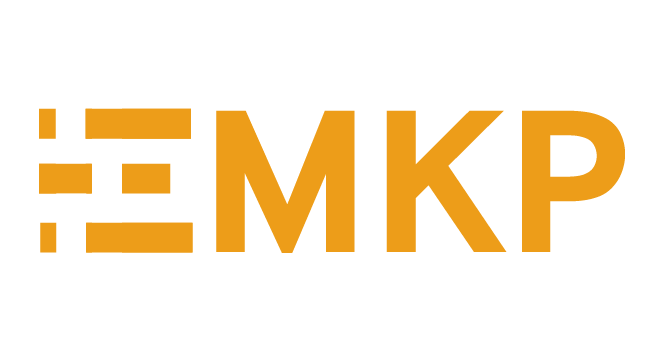EMKP and ELDP are happy to announce a joint Call for Applications that combines both language and material knowledge documentation.
This call is in response to the recognition that cultural knowledge of the made world is encoded in the language of its makers, and that both are critically threatened by rapidly changing social, political and economic factors across the globe. This call offers an exciting opportunity for trans-disciplinary work that integrates the documentation of endangered material knowledge and its expression in the endangered language of its speakers, exploring how people understand, learn and make their worlds in their own terms. This call provides the opportunity to give the makers a voice, and to preserve their knowledge in the language in which it was developed.
About EMKP
The Endangered Material Knowledge Programme (EMKP) was founded in 2018 and focuses on disappearing material practices and object making and using. Grants can be awarded for study of all aspects of the humanly made and modified world, from objects and practices relating to everyday life and the home to special events, architecture and managed spaces. EMKP believes that in the making, using, repairing and discarding of material objects and places, communities and practitioners express deeper social structures and emotions that are central to ways of living and values that characterize each unique society. We therefore support applications for close ethnographic documentation of material knowledge and practices, valorizing often overlooked parts of social worlds, and offering insights into the larger worlds in which these materials and knowledge systems thrive.
About ELDP
The Endangered Languages Documentation Programme (ELDP) was founded in 2002 and focuses on the preservation of endangered languages globally. Today there are about 7000 languages spoken worldwide and half of these languages will not be spoken anymore because fewer and fewer children are learning their heritage language. This is because in many areas of the world, globalisation creates economic, political and social pressures on people who in response give up their traditional ways of life, find new sources of income and move to cities. This causes speakers to cease speaking their traditional languages, and turn to other, typically more dominant languages to foster economic and social mobility for their children. While throughout human history speakers have shifted to other languages, the speed of this development has increased dramatically over the past century. Each of these languages expresses the unique knowledge, history and worldview of their speaker communities, and each language is a specially evolved variation of the human capacity for language. Many of these disappearing languages have never been described or recorded and so the richness of human linguistic diversity is disappearing without a trace.
Apply!
In response to the pressing need for combined language and material documentation, a new collaborative grant is therefore being launched in 2019, and will open on the 8th November. Applicants will need to submit an application to both EMKP and ELDP to be considered for this joint grant. Further information on each application procedure can be found on the respective websites, the guidelines, or by connecting EMKP on emkp@britishmuseum.org or ELDP on eldp@soas.ac.uk
